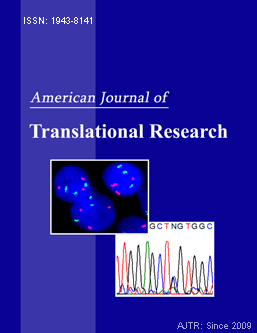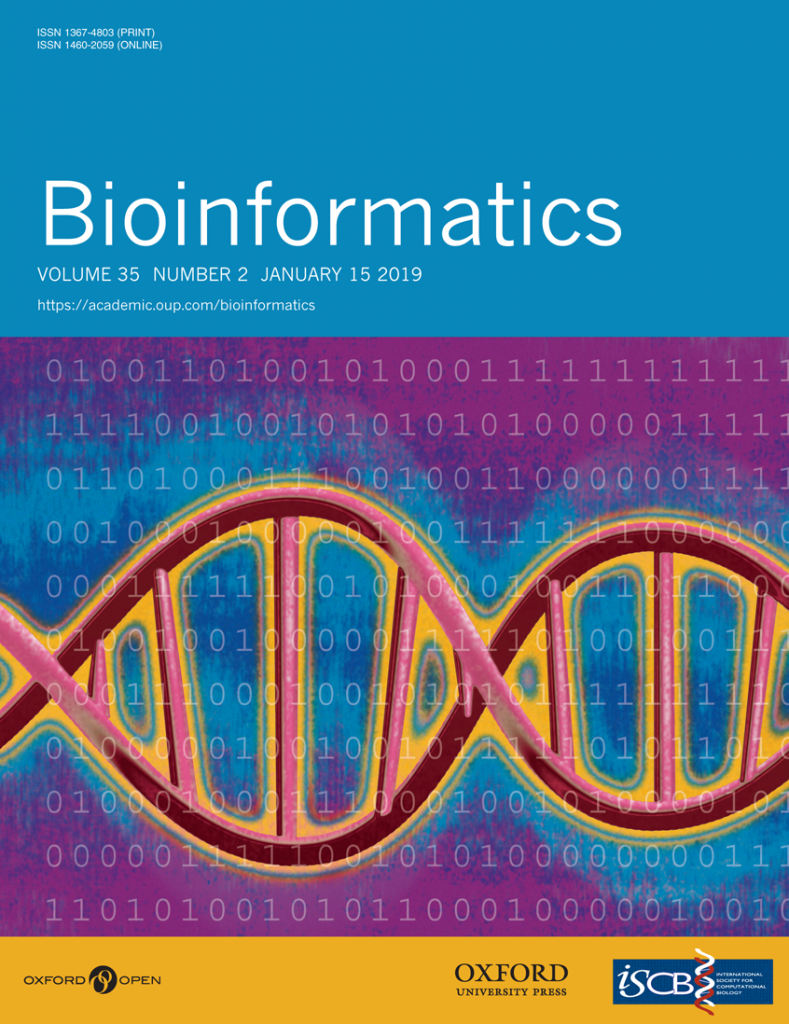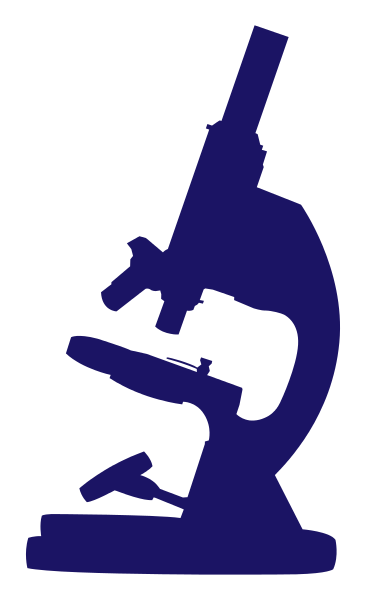
Retraction Watch readers may recall the name Yoshihiro Sato. The late researcher’s retraction total — now at 51 — gives him the number four spot on our leaderboard. He’s there because of the work of four researchers, Andrew Grey, Mark Bolland, and Greg Gamble, all of the University of Auckland, and Alison Avenell, of the University of Aberdeen, who have spent years analyzing Sato’s papers and found a staggering number of issues.
Those issues included fabricated data, falsified data, plagiarism, and implausible productivity, among others. In 2017, Grey and colleagues contacted four institutions where Sato or his co-authors had worked, and all four started investigations. In a new paper in Research Integrity and Peer Review, they describe some of what happened next:
Continue reading New study finds “important deficiencies” in university reports of misconduct
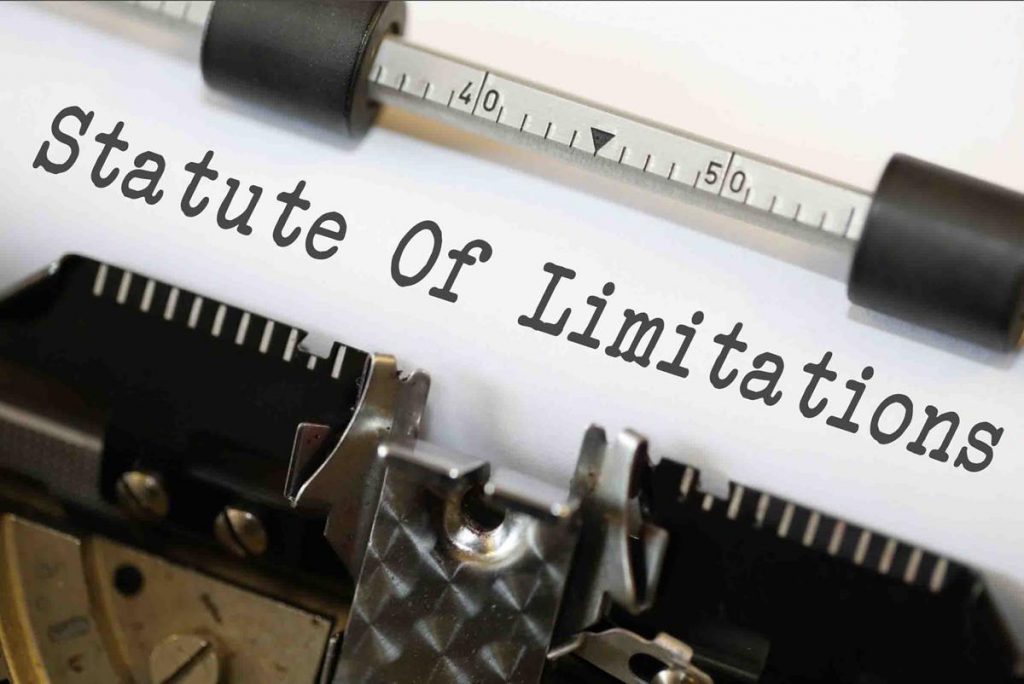
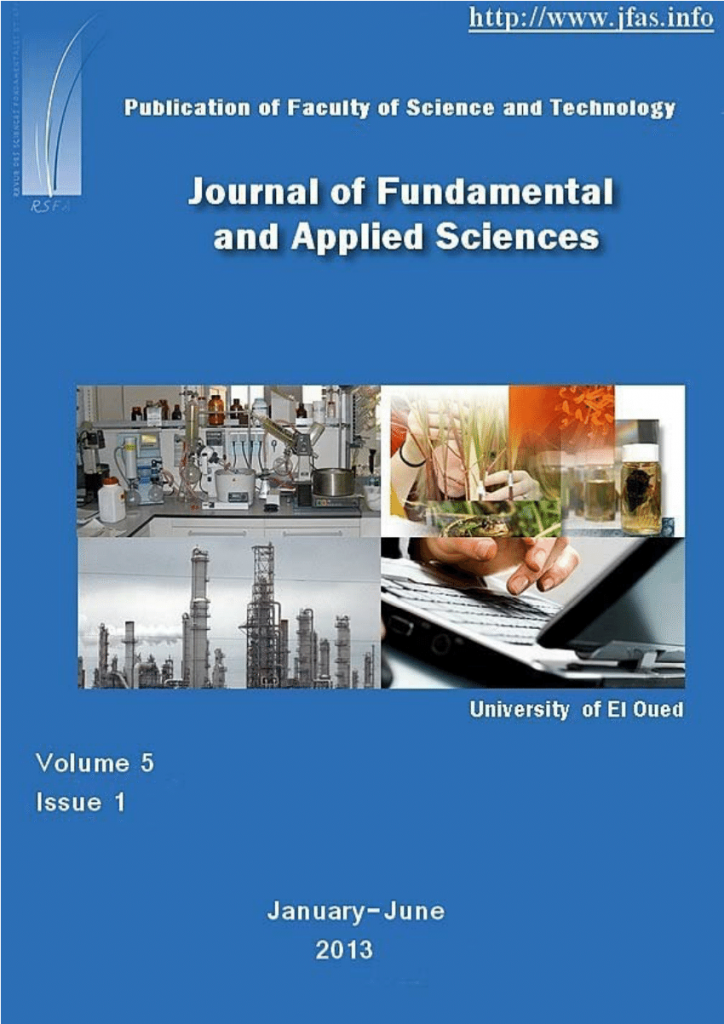 Ladies and gentlemen, we appear to have a new record.
Ladies and gentlemen, we appear to have a new record.